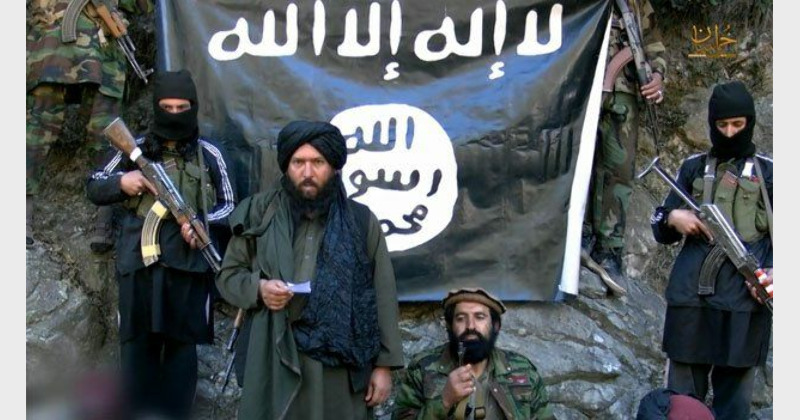The Gujarat Anti-Terrorist Squad (ATS) has disrupted an Islamic State of Khorasan Province (ISKP) module and apprehended three men and a woman in Gujarat. The three arrested men are from Srinagar, Jammu and Kashmir. A First Information Report (FIR) has been registered against the four individuals under the Unlawful Activities Prevention Act (UAPA), and efforts are underway to apprehend another suspect associated with them.
ISKP is a transnational Salafi-Jihadist organisation designated as a terrorist organisation by the United Nations. Radicalised youth from Jammu and Kashmir in Gujarat, ready to go to Khorasan to wage war, is indeed a serious matter that requires attention and action from law enforcement agencies and authorities. The infiltration of radical ideologies and the involvement of individuals from J&K in activities associated with other terrorist organisations pose a potential threat to the security of both Gujarat and Jammu and Kashmir. Law enforcement agencies, including the Anti-Terrorist Squad (ATS) and intelligence agencies, play a crucial role in identifying and apprehending individuals involved in radical activities. They should collaborate closely with counterparts in J&K and other relevant jurisdictions to share information, conduct thorough investigations, and disrupt the networks supporting radicalization and terrorism. An Islamic State of Khorasan Province (ISKP) module working in collaboration with other terrorist organisations from J&K is a serious matter and needs immediate action.
Weeding out radicalization is a challenge and needs to be addressed immediately on its face value. The collaboration and cooperation of different stakeholders, including the central and State Governments, security agencies, local communities, and civil society organisations, are essential to effectively addressing the issue of radicalised youth in J&K. By working together, it is possible to mitigate the threat and ensure the safety and security of the region.
Trending Now
E-Paper


